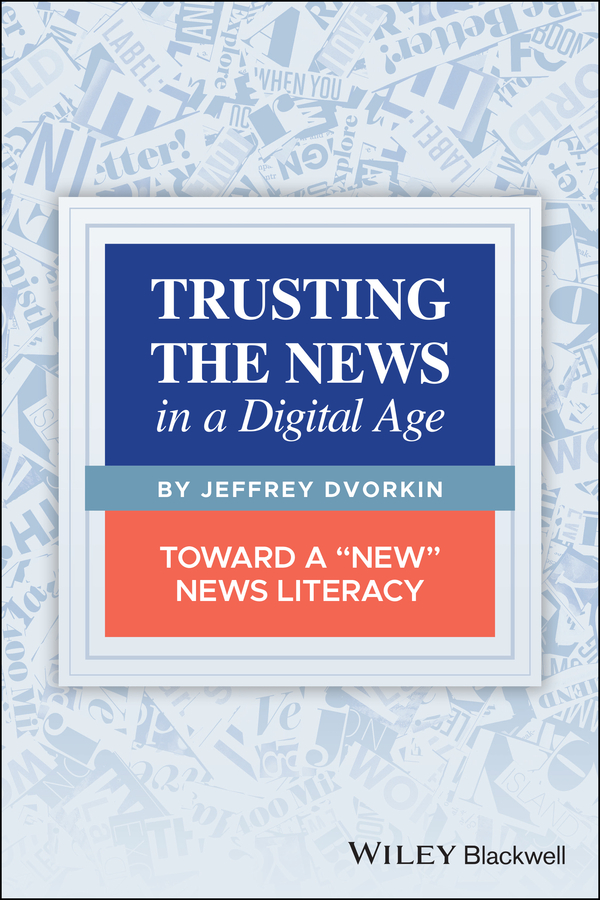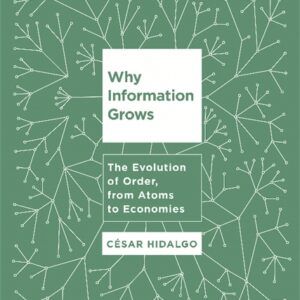<p><b>How to use critical thinking to discern real news from fake news</b> </p> <p><i>Trusting the News in a Digital Age</i> provides an ethical framework and the much-need tools for assessing information produced in our digital age. With the tsunami of information on social media and other venues, many have come to distrust all forms of communication including the news. This practical text offers guidance on how to use critical thinking, appropriate skepticism, and journalistic curiosity to handle this flow of undifferentiated information. </p> <p>Designed to encourage critical thinking, each chapter introduces specific content, followed at the end of each section with an ethical dilemma. The ideas presented are based on the author’s experiences as a teacher and public editor/ombudsman at NPR News. <i>Trusting the News in a Digital Age</i> prepares readers to deal with changes to news and information in the digital environment. It brings to light the fact that journalism is about treating the public as citizens first, and consumers of information second. This important text: </p> <ul> <li>Reveals how to use critical thinking to handle the never-ending flow of information </li> <li>Contains ethical dilemmas to help sharpen critical thinking skills </li> <li>Explains how to verify sources and spot frauds </li> <li>Looks at the economic and technological conditions that facilitated changes in communication</li> </ul> <p>Written for students of journalism and media studies, <i>Trusting the News in the Digital Age </i>offers guidance on how to hone critical thinking skills needed to discern fact from fiction. </p> <p> </p>
Sale!
Trusting the News in a Digital Age
₹2,095.00
Toward a “New” News Literacy
This book is currently not in stock. You are pre-ordering this book.




